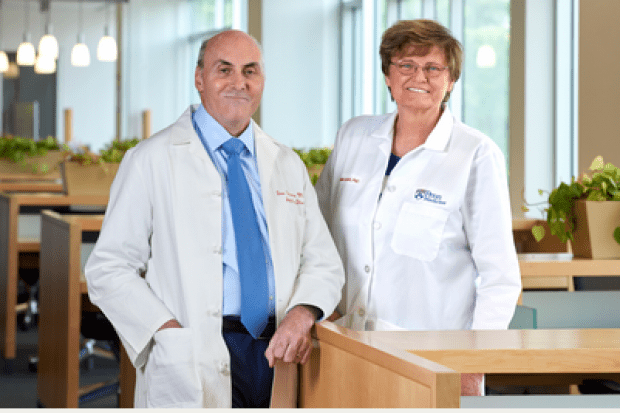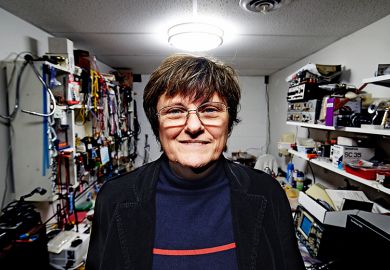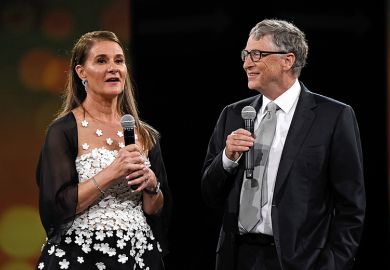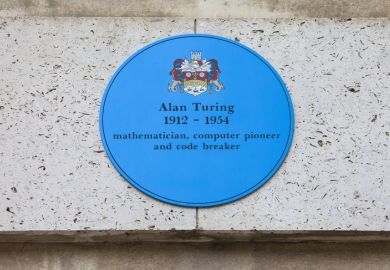The two scientists who won a Nobel prize for inventing the mRNA technology used in Covid vaccines have spoken about how their research was rejected for funding and publication until it gained public acclaim.
Drew Weissman, who shared the Nobel Prize in Medicine or Physiology with Katalin Karikó, told a press conference organised by the University of Pennsylvania that they continued their work despite receiving little encouragement from funders or scientific journals.
“We worked side by side because we could not get funding or publication – we could not get people to notice RNA,” said Professor Weissman, who is now Roberts family professor in vaccine research in Pennsylvania’s Perelman School of Medicine.
“Everyone had given up on it,” he said, claiming it was Professor Karikó who “lit the match” on the research on which he had since spent several decades.
“We spent 20 years figuring this out as we realised how important it had the potential to be – that is why we never gave up, kept working and persevering,” said Professor Weissman.
Earlier in the day, Professor Karikó, who was demoted to an adjunct position at Penn before eventually departing in 2013 for BioNTech, told the Nobel media channel that the award had come almost exactly a decade after she was “terminated” from the university where she had been based since 1989.
“Ten years ago I was kicked out from Penn and forced to retire,” Professor Karikó explained. “For nine years I commuted [from the US] to Germany – I was 58 years old, and I was still culturing plasmids and feeding cells,” she added on her move to the now-celebrated drug company.
However, she said she refused to give up on her scientific aspirations. “When I was demoted I did not spend time saying ‘Why me?’ You have to spend that energy to seek out ‘What next?’ and ‘What can I do?’”
The Nobel award for the mRNA research has reignited the debate about the role of prestigious scientific journals, with several academics recalling how the duo’s research was desk rejected by Nature before it was picked up by a less well-known journal in 2005.
Professor Karikó’s treatment at Penn, where she was demoted from a faculty position in 1995 as bosses felt her work on mRNA was unproductive, has also raised concerns about how scientists are assessed within their university.
The win for Professor Karikó, a Hungarian-born biochemist who moved to the US in the 1980s, and Professor Weissman, educated at Boston and Harvard universities, is one of the most expected awards in recent years, with their discoveries helping the rapid creation of Covid vaccines which have now been given more than 13 billion times.
“Through their fundamental discoveries of the importance of base modifications in mRNA, this year’s Nobel laureates critically contributed to this transformative development during one of the biggest health crises of our time,” the Nobel panel said.
At the event celebrating the pair’s Nobel win, Pennsylvania’s president Liz Magill praised the duo’s “tenacious” decision to pursue their research despite facing significant setbacks.
“Today is a great day for science and for researchers who across the world who are curious, tenacious and dedicated to the public good,” she said.
Larry Jameson, vice-president (health) at Penn, said the pair’s achievements had “changed the course of history” and “opened the door to a new wave of medicine”.
Register to continue
Why register?
- Registration is free and only takes a moment
- Once registered, you can read 3 articles a month
- Sign up for our newsletter
Subscribe
Or subscribe for unlimited access to:
- Unlimited access to news, views, insights & reviews
- Digital editions
- Digital access to THE’s university and college rankings analysis
Already registered or a current subscriber? Login








